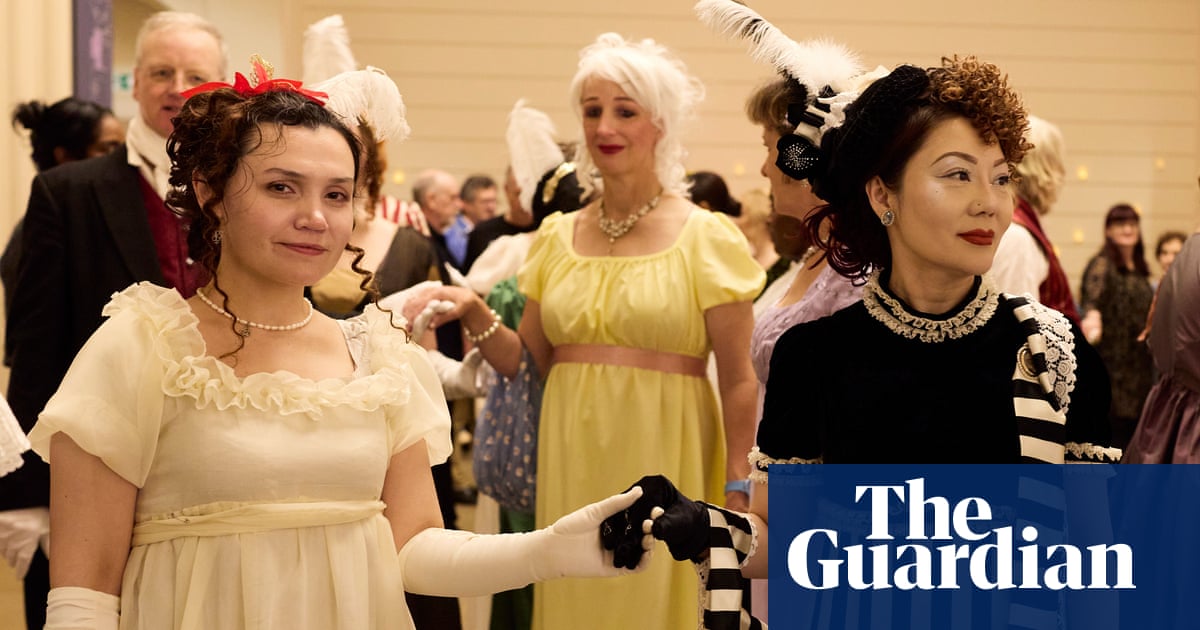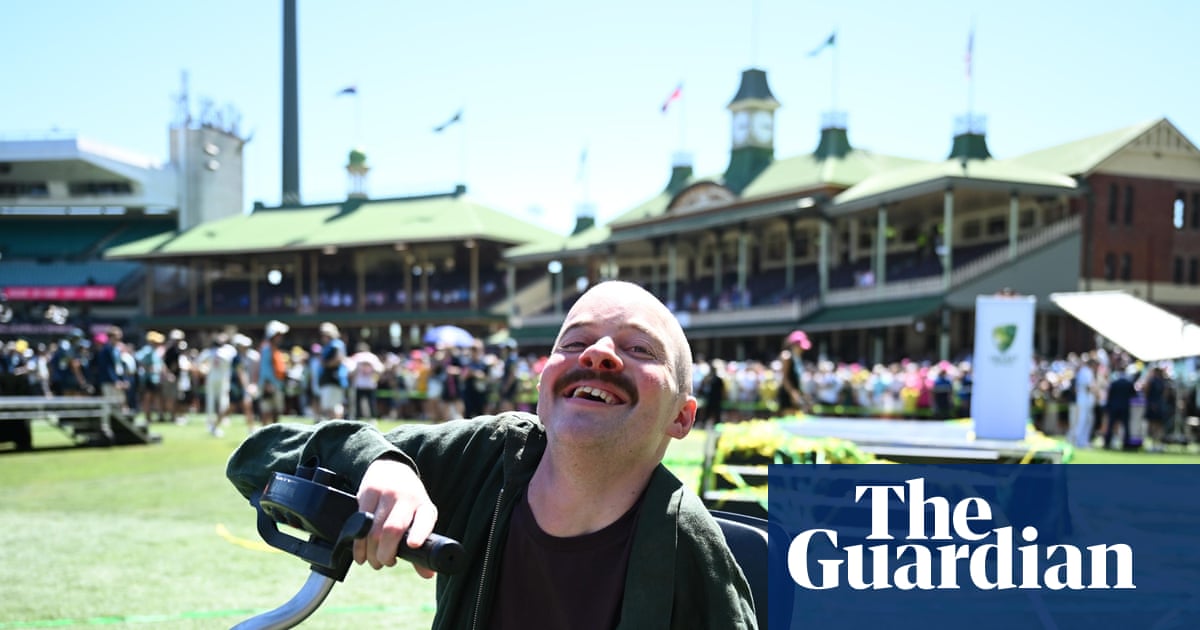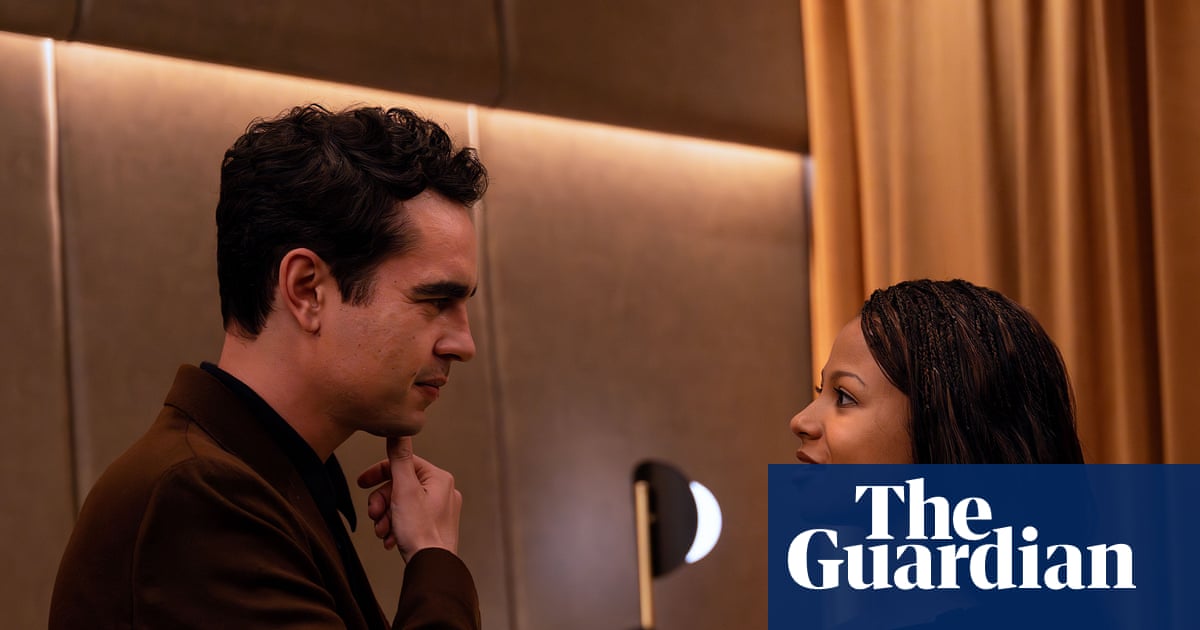When Englishness is being weaponised on the streets, how should we respond on the stage? In the wake of the UK’s largest ever far-right rally, as the St George’s cross increasingly becomes a racist dog-whistle, this depressingly timely production is a rallying cry against unquestioned nationalism. A theatrical vendetta against Shakespeare’s Henry V, English Kings Killing Foreigners is a scrappy, headstrong two-hander interrogating theatre’s role in politics and protest. “All the flags,” Nina Bowers waves her hands, “isn’t it a bit National Front?”
Shakespeare’s propagandistic history play has come to symbolise a bastion of English heroism, with the plucky “warlike Harry” mightily defeating the French. But as Bowers and Philip Arditti point out through energetic debates and playful sketches, the 1599 play champions colonialism, imperialism and extreme anti-foreign sentiment. This isn’t a new idea, with several productions, such as Headlong’s remarkable 2022 rendition, engaging with the texts’ extreme xenophobia. But hurling Shakespeare’s band of brothers into the centre of their set-less stage, Bowers and Arditti claw passionately at the text, tearing it apart and asking whether there’s any acceptable way they can piece it back together.
Starting at Camden People’s theatre last year, this show was created in response to the two Globe Ensemble actors’ experiences of performing Henry V. With smatterings of wittily toe-curling audience interaction, they unpick the text through a new, imagined production. They play heightened versions of themselves, with Arditti as a Shakespeare fanatic, while Bowers finds the Bard boring. When their show’s lead kicks the bucket, they’re both up for the role. What does it mean to cast a non-English actor as the king? A mixed-race actor? A queer woman? Does anything change if the performer’s identity has no impact on the rest of the story being told?
Frequently very funny and at times deliberately uncomfortable, this is a smart, clear-eyed debate. Dramatically reserved until the final act, its pulse really starts to race as the show moves from telling us of the play’s harm to making us feel it. Switching out the context of the chorus’ prologue to the second act, where “All the youth of England are on fire,” they suddenly illuminate the words’ violence anew. In prompting us to reimagine this 400-year-old play, the pair ask what responsibility a theatre has in the shows it stages, wondering if and how a British history play can be reshaped to avoid being yet another production of an English king killing foreigners.

 3 months ago
104
3 months ago
104

















































